Everything You Need to Know About Brewing the Perfect Cup of Coffee
Welcome to our comprehensive guide on how many tablespoons of coffee per cup of water. Coffee is one of the most consumed beverages in the world, and brewing a perfect cup of coffee requires the right proportion of coffee and water. Whether you are a coffee lover or a barista, this guide will help you understand the science of coffee brewing and how to mix the right amount of coffee with water to create the perfect cup of coffee.
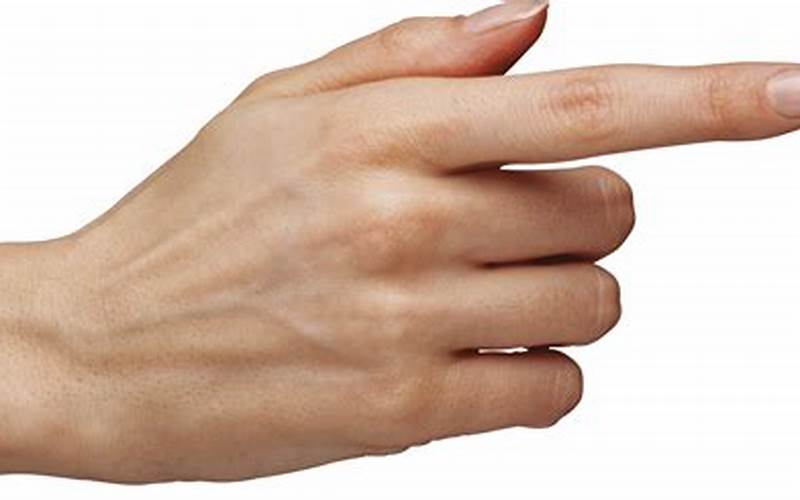 Source: bing.com
Source: bing.com
Before we dive into the right proportion of coffee and water, let’s first understand the basics of coffee brewing. Brewing coffee involves extracting flavors from coffee beans using hot water. The quality of coffee depends on the right balance of water temperature, brewing time, and the ratio of coffee to water.
The ratio of coffee to water is crucial to getting the right flavor, aroma, and caffeine content in your cup. A well-brewed cup of coffee has a balanced flavor profile, with no over or under-extracted notes.
How to Measure Coffee
The standard unit of measuring coffee is the tablespoon. A tablespoon measures roughly 5 grams of coffee. You can also use a kitchen scale to measure coffee beans more precisely.
How to Measure Water
Water is measured in cups, and the standard size of a coffee cup is 8 fl oz (240 ml).
What is the Ideal Coffee to Water Ratio?
The ideal coffee to water ratio is 1:15, which means one part of coffee to 15 parts of water. For instance, if you are using 1 tablespoon of coffee, you should add 15 tablespoons or 225 ml of water.
How to Calculate the Coffee to Water Ratio?
| Coffee (grams) | Water (ml) | Coffee (tablespoons) | Water (cups) |
|---|---|---|---|
| 10 | 150 | 2 | ⅔ |
| 15 | 225 | 3 | ¾ |
| 20 | 300 | 4 | 1 |
| 30 | 450 | 6 | 1 ½ |
| 60 | 900 | 12 | 3 |
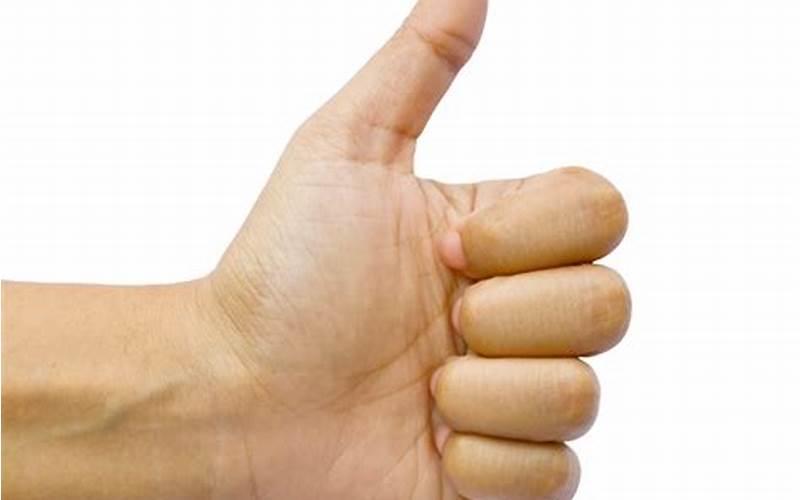 Source: bing.com
Source: bing.com
Using the right proportion of coffee to water has several advantages, which include:
Perfectly Balanced Flavor
The right coffee to water ratio ensures that the coffee has a balanced flavor, with no over or under-extracted notes.
Consistent Quality
Using the same coffee to water ratio ensures that you achieve consistent quality in every cup you brew.
Saves Time and Money
Using the right coffee to water ratio saves both time and money since you don’t have to experiment with different ratios.
More Control
Using the right coffee to water ratio gives you more control over the brewing process and allows you to adjust the strength of the coffee to your liking.
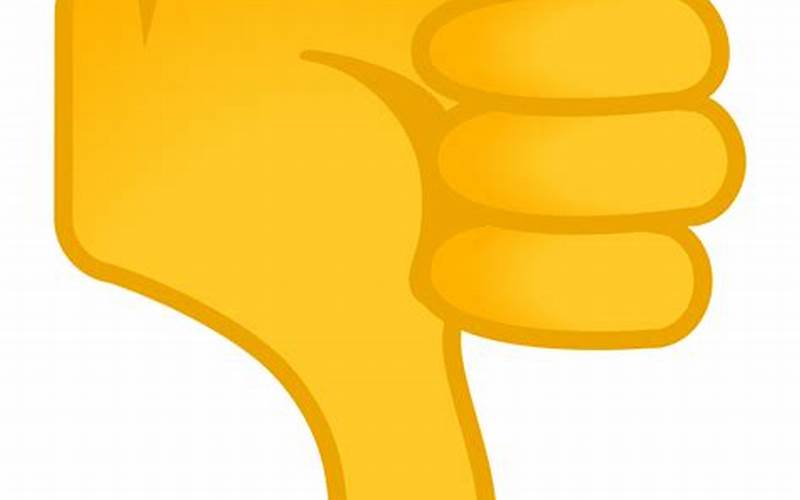 Source: bing.com
Source: bing.com
Using the wrong proportion of coffee to water has several disadvantages, which include:
Bitter Taste
Using too much coffee or too little water can result in a bitter taste.
Weak Coffee
Using too little coffee or too much water can result in weak coffee that lacks flavor and aroma.
Inconsistent Flavor
Using different proportions of coffee to water can result in inconsistent flavor in every cup you brew.
Wastage
Using the wrong proportion of coffee to water can result in wastage of coffee beans and water.
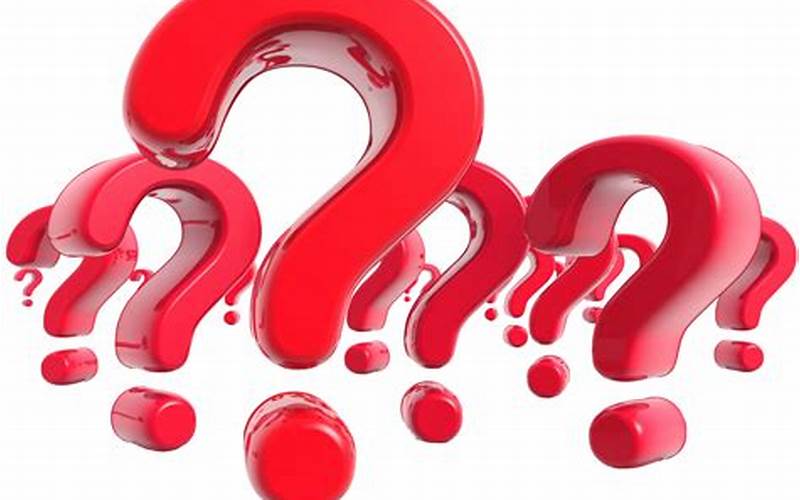 Source: bing.com
Source: bing.com
Q1: Can I Use a Different Coffee to Water Ratio?
Yes, you can use different coffee to water ratios based on your preference. However, the ideal ratio is 1:15, which ensures a balanced flavor and aroma in your coffee.
Q2: How Do I Adjust the Strength of My Coffee?
You can adjust the strength of your coffee by adding more or less coffee to your cup.
Q3: What is the Best Way to Brew Coffee?
The best way to brew coffee depends on your preference and the brewing method. Some popular brewing methods include drip coffee, French press, and espresso.
Q4: Can I Use Tap Water to Brew Coffee?
Yes, you can use tap water to brew coffee. However, using filtered or bottled water can improve the flavor and aroma of the coffee.
Q5: How Many Times Can I Reuse Coffee Grounds?
You should not reuse coffee grounds as they lose their flavor and aroma after the first use.
Q6: Can I Brew Coffee Without a Coffee Maker?
Yes, you can brew coffee without a coffee maker using a French press or by using a cloth filter or a paper filter.
Q7: Can I Use Cold Water to Brew Coffee?
Yes, you can use cold water to brew coffee using the cold brew method.
Q8: How Long Should I Brew Coffee?
The brewing time depends on the brewing method, but the ideal time for drip coffee is 4-5 minutes, for French press is 3-4 minutes, and for espresso is 20-30 seconds.
Q9: What is the Ideal Water Temperature for Brewing Coffee?
The ideal water temperature for brewing coffee is between 195°F to 205°F (90°C to 96°C).
Q10: Can I Mix Different Types of Coffee?
Yes, you can mix different types of coffee to create your unique blend.
Q11: How Long Can I Store Coffee Beans?
You can store coffee beans for up to 2 weeks in an airtight container in a cool, dark place away from sunlight and moisture.
Q12: Can I Use Milk Instead of Water?
Yes, you can use milk instead of water to brew coffee, which results in a creamier and richer taste.
Q13: Can I Add Sugar to My Coffee?
Yes, you can add sugar or sweetener to your coffee based on your preference.
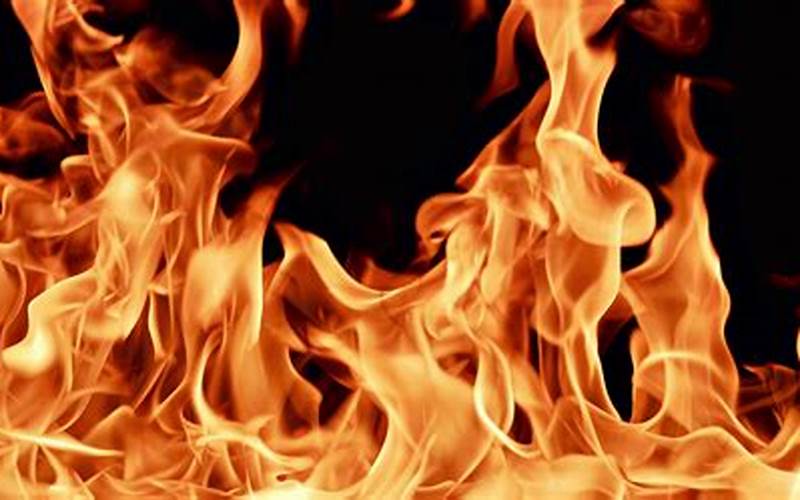 Source: bing.com
Source: bing.com
Congratulations! You have learned everything you need to know about how many tablespoons of coffee per cup of water. Brew the perfect cup of coffee every time by using our guide and the ideal coffee to water ratio of 1:15. With the right balance of coffee and water, you can enjoy a flavorful and aromatic cup of coffee every morning.
Remember to experiment with different brewing methods and adjust the strength and flavor to your liking. Start your day with a perfect cup of coffee and get the energy boost you need to conquer the day ahead.
 Source: bing.com
Source: bing.com
While coffee has several health benefits, it also has some potential side effects. Consult your doctor if you have any underlying health conditions or if you are pregnant or breastfeeding before consuming coffee.
 WATER Latest WATER Information News
WATER Latest WATER Information News